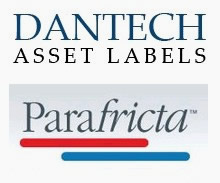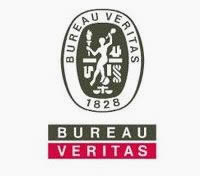GRP and FRP Chemical Resistance
23/07/2011
A surprising number of FRP and GRP applications involve occasional or prolonged contact with chemicals. Many reinforced plastics articles are routinely placed in contact with detergents, cleaning solvents, acids, alkalis, strong oxidising agents, bleach, cleaning and degreasing agents, fuels, hydraulic and brake fluids, de-icers, paint strippers (methylene chloride ones are known to be damaging), lubricants, etching chemicals, flue gases, or food and drink.
It must be stressed that the resistance of reinforced plastics to highly reactive chemicals is generally very good. This explains their widespread use in the chemical process equipment industry, where it is often difficult to find any other affordable, processable materials capable of withstanding the very harsh conditions.
It is rare for reinforced plastics articles to be attacked as rapidly as some common metals are when placed in contact with acids.
A few chemicals that are handled in chemical factories, such as powerful oxidising agents, strong caustic alkalis, bromine and wet chlorine still pose severe problems for general purpose organic matrix resins.
Otherwise, the well-informed selection of materials, in consultation with the suppliers and after reference to the relevant data banks, means that complete disaster is a very rare occurrence.
UK FRP and GRP Manufacturers
Kingsley Plastics Limited has, for over 35 years, established itself as one of the most competitive and well respected companies associated with the design, manufacture and installation of FRP and GRP Products within the UK.
Kingsley Plastics designs and manufactures an extensive range of products including:

























